In the complex and often tumultuous world of international trade, tariffs have emerged as a central tool in the United States' trade strategy under President Donald Trump. Despite facing significant legal challenges and ongoing litigation, the US Secretary of Commerce has made it clear that tariffs are here to stay. This assertion underscores the administration's unwavering commitment to using tariffs as a means to protect American industries, jobs, and national interests, even as it navigates the legal and economic ramifications of such a strategy.
The Origins and Objectives of Trump’s Tariff Policy
President Trump's approach to trade has been characterized by a strong emphasis on protecting American industries and reducing the US trade deficit. His administration has imposed tariffs on a wide range of products, including steel, aluminum, and various goods from China. These tariffs are often justified on the grounds of national security and the need to safeguard critical domestic industries. For instance, the administration has argued that a strong domestic steel industry is essential for national defense, thereby invoking Section 232 of the Trade Expansion Act of 1962, which allows the president to impose tariffs to protect national security.
The primary objective of these tariffs is to create a more level playing field for American businesses and workers. By imposing tariffs on imported goods, the administration aims to reduce the influx of foreign products that are perceived as unfairly traded or subsidized by foreign governments. This strategy is intended to boost domestic production, create jobs, and strengthen the US economy in the long run. However, the implementation of these tariffs has not been without its challenges.
Legal Challenges and the Persistence of Tariffs
The imposition of tariffs has been met with significant legal pushback. Opponents argue that the tariffs are overreaching and that the administration's use of national security as a justification is a misapplication of the relevant trade laws. Several legal cases have been filed challenging the legality of the tariffs, with some courts issuing rulings that have temporarily blocked or limited their implementation.
Despite these legal setbacks, the administration remains resolute in its stance. The Secretary of Commerce has emphasized that tariffs are a crucial tool in the administration's trade strategy and that they will continue to be used as necessary. This determination is rooted in the belief that tariffs are essential for protecting American industries and jobs, particularly in sectors such as steel and aluminum, which are deemed critical for national security.
The administration's confidence in the persistence of tariffs is also bolstered by the availability of alternative legal avenues. For instance, if the courts strike down the use of national security as a justification for tariffs, the administration could potentially invoke other provisions of US trade law, such as Section 301 of the Trade Act of 1974, which allows the imposition of tariffs to address unfair trade practices. This flexibility ensures that the administration can adapt its strategy to changing legal and economic conditions.
Economic Implications and the Broader Trade Landscape
The economic impact of tariffs is multifaceted and complex. On one hand, tariffs have provided a boost to some domestic industries by reducing competition from foreign imports. This has led to increased production and job creation in certain sectors. For example, the steel industry has seen a resurgence in production and investment, benefiting from the protection offered by tariffs.
However, the tariffs have also had unintended consequences. Higher import prices have led to increased costs for businesses that rely on imported materials, particularly in industries such as manufacturing and construction. This has resulted in higher prices for consumers and, in some cases, reduced competitiveness for American businesses in the global market. Additionally, the imposition of tariffs has led to retaliatory measures from trading partners, further complicating the global trade landscape.
The ongoing trade tensions have also had a significant impact on consumer sentiment and business confidence. Uncertainty surrounding trade policies has led to a more cautious approach among businesses, with some delaying investment and expansion plans. This, in turn, has had a ripple effect on the broader economy, contributing to slower economic growth and increased economic anxiety.
The Role of Tariffs in Future Trade Negotiations
As the legal battles over tariffs continue, the administration's stance on tariffs is likely to play a crucial role in future trade negotiations. The threat of higher tariffs remains a powerful bargaining chip in the administration's negotiations with trading partners. By maintaining the possibility of further tariff increases, the administration aims to pressure other countries into making concessions that are favorable to the US.
This strategy has had some success in recent negotiations, with several countries agreeing to modify their trade practices or enter into new trade agreements with the US. However, the use of tariffs as a negotiating tool also carries risks. Overreliance on tariffs could lead to further retaliation from trading partners, potentially escalating trade tensions and disrupting global supply chains.
Moreover, the persistence of tariffs could have long-term implications for the global trading system. The World Trade Organization (WTO) has faced significant challenges in recent years, with the US blocking the appointment of new appellate body judges and questioning the effectiveness of the organization's dispute resolution mechanisms. The continued use of tariffs by the US could further undermine the WTO's authority and lead to a more fragmented global trade environment.
Balancing Protection and Global Engagement
The Secretary of Commerce's assertion that "tariffs won't go away" reflects the administration's commitment to using tariffs as a central tool in its trade strategy. While the legal challenges and economic implications of tariffs are significant, the administration believes that the benefits of protecting American industries and jobs outweigh the costs. The persistence of tariffs underscores the complex interplay between domestic economic interests and the need for global engagement.
As the US navigates the ongoing legal battles and economic ramifications of its tariff policy, it will need to strike a delicate balance. On one hand, tariffs can provide a means of protecting domestic industries and promoting economic growth. On the other hand, the overuse of tariffs could lead to increased trade tensions, higher costs for consumers, and a more fragmented global trading system.
The future of tariffs will depend on the administration's ability to adapt its strategy to changing legal and economic conditions. By maintaining flexibility and exploring alternative legal avenues, the administration can continue to pursue its trade objectives while minimizing the potential for negative consequences. As the global trade landscape continues to evolve, the persistence of tariffs will remain a central feature of the US trade strategy, shaping the economic and political dynamics of the coming years.
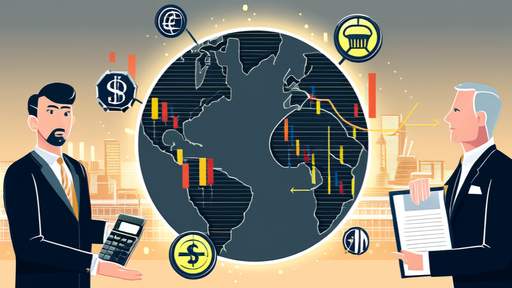
By Benjamin Evans/Jun 3, 2025

By Samuel Cooper/Jun 3, 2025

By Lily Simpson/Jun 3, 2025

By Eric Ward/Jun 3, 2025

By George Bailey/Jun 3, 2025

By Victoria Gonzalez/Jun 3, 2025

By Noah Bell/Jun 3, 2025

By Rebecca Stewart/Jun 3, 2025

By Grace Cox/Jun 3, 2025

By John Smith/Jun 3, 2025

By Emma Thompson/Jun 3, 2025
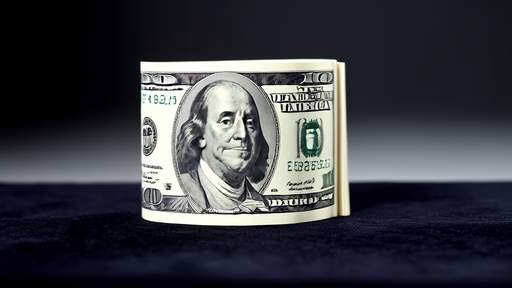
By Victoria Gonzalez/Jun 3, 2025
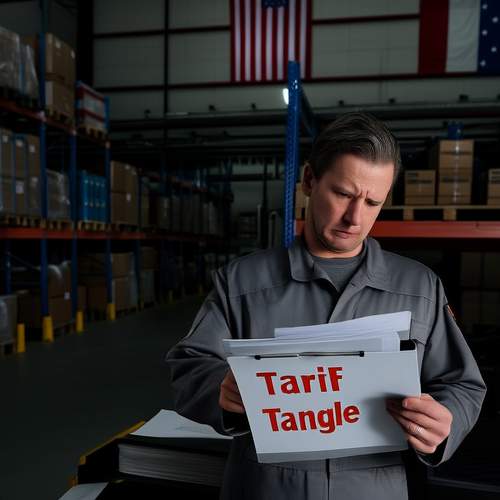
By George Bailey/Jun 3, 2025

By Samuel Cooper/Jun 3, 2025

By Michael Brown/Jun 3, 2025
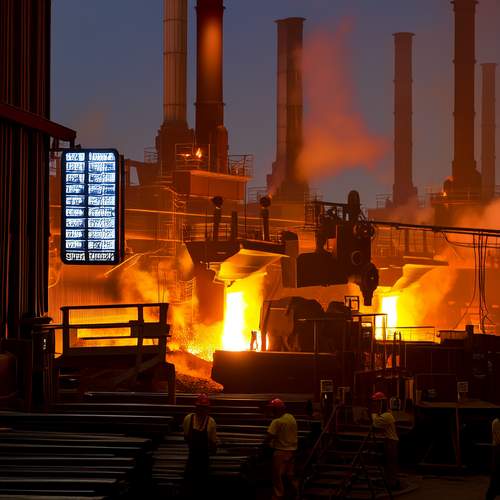
By Grace Cox/Jun 3, 2025
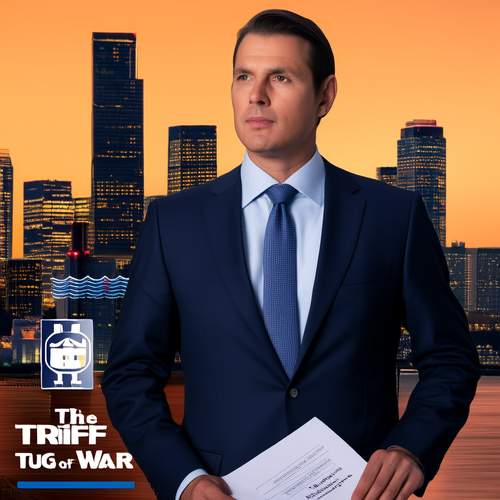
By Megan Clark/Jun 3, 2025

By Noah Bell/Jun 3, 2025

By Emma Thompson/Jun 3, 2025

By Rebecca Stewart/Jun 3, 2025